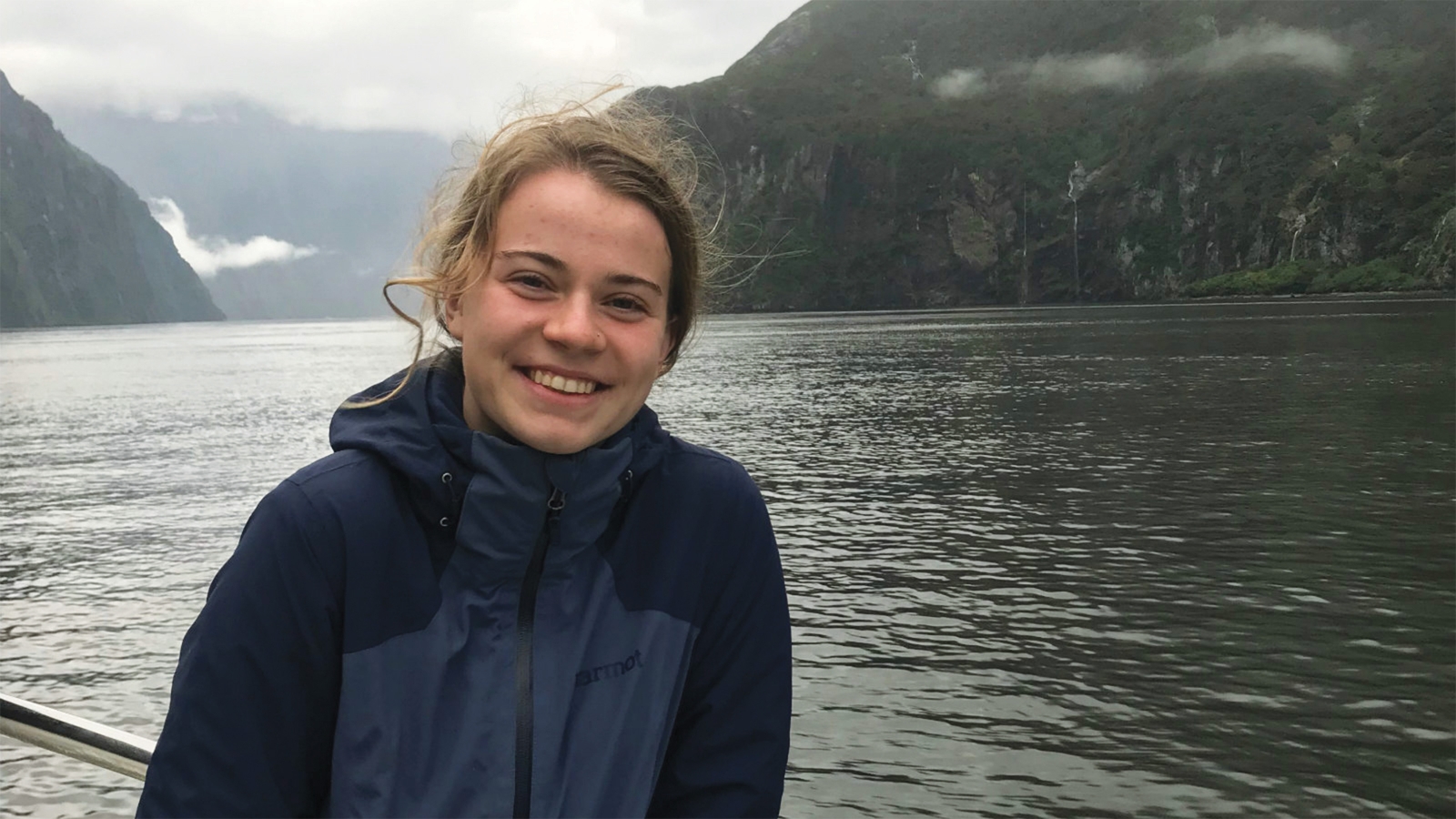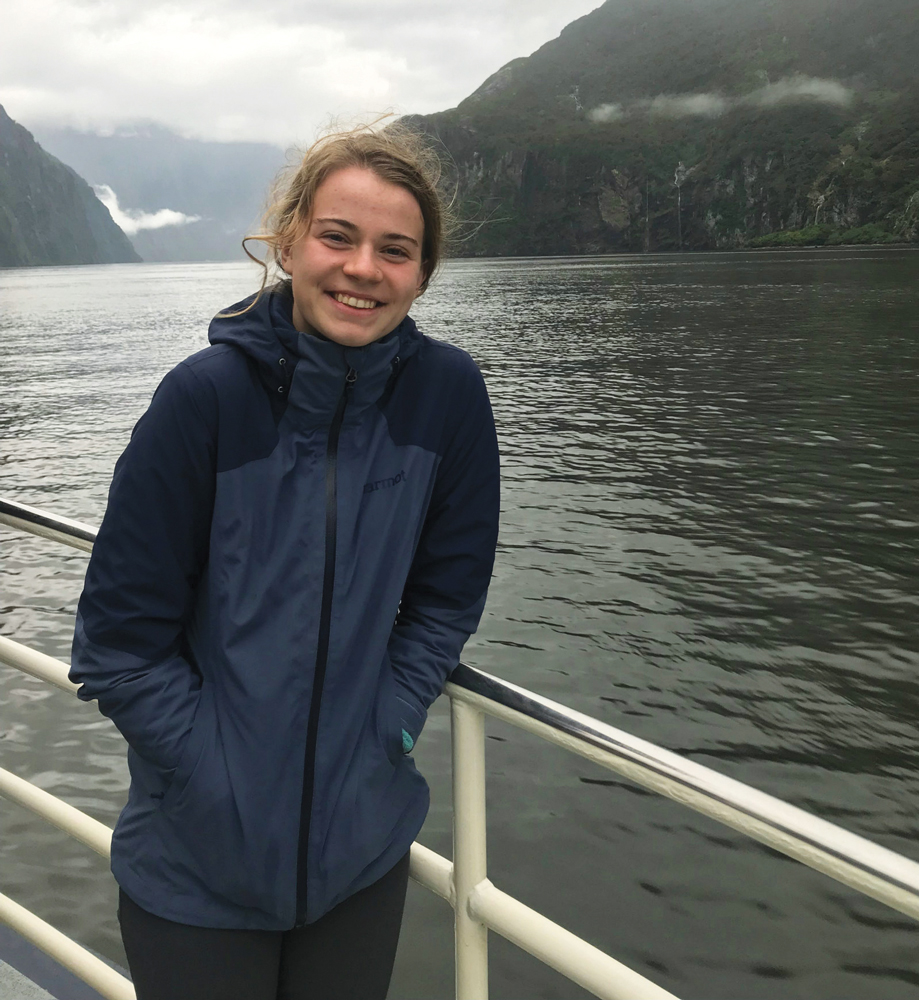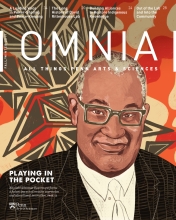Outdoor Research
Lara Jung, C’19, explores the history of nature as medicine.

As an outdoors enthusiast, health and societies major Lara Jung, C’19, became intrigued by the concept of “nature prescription programs,” in which healthcare providers prescribe outdoor activities to improve patient health.
“I’ve always been hiking and camping with my family, and I knew intuitively that being out in nature made me feel better,” she says.
During her senior year, Jung completed an internship with NaturePHL, a local organization of physicians, public health educators, and park officials that connects Philadelphia families with activities in parks, trails, and green spaces to promote well-being. Her initial idea for her senior thesis was to interview pediatricians and families who were giving and receiving nature prescriptions, but as the project evolved, she decided to take a historical approach. “As a student in health and societies, I thought about the roots of this movement,” she says.
In the Temple University Urban Archives, she learned about the Children’s Country Week Association (CCWA), an organization founded in 1875 to bring city children to the countryside. With guidance from Meghan Crnic, Senior Lecturer and Undergraduate Research Coordinator in the Department of History and Sociology of Science, Jung tackled archival research for the first time, digging into CCWA’s extensively documented history.
Her thesis paper, “Reimagining the Country: A Landscape of Children’s Health and Wellbeing from 1875–1975,” tracked CCWA’s shifting priorities through time, from an initial emphasis on children’s physical health to spiritual well-being in the early 20th century to civic cohesion during World War II to child development theory in the 1950s, ’60s, and ’70s, as well as the group’s evolving approaches to racial integration.
“This organization had created for themselves an idea of what the countryside could do,” says Jung. “It was the idea that its program could help children address the issues of the city. But it had to be in a place that was natural and almost uniquely American—I mean this is a Jeffersonian idea, that the countryside is a utopian place.”
She notes that recent studies highlight the value of nature for mental health, with evidence that being outdoors alleviates anxiety by retraining the adrenaline response to stress and reducing cortisol levels.
“I personally really believe in the value of spending time outdoors,” Jung says, “and I think encouraging children and families to do the same is only going to mean good things for our public health.”




